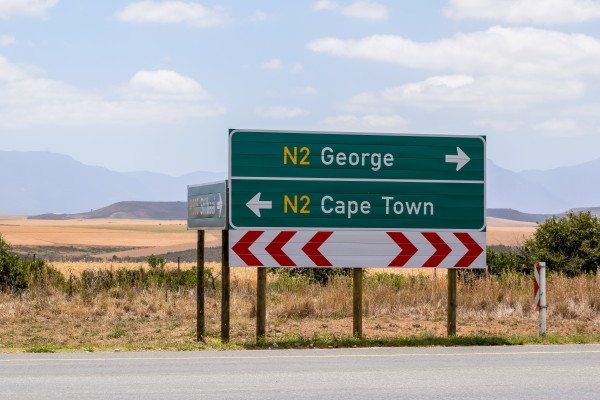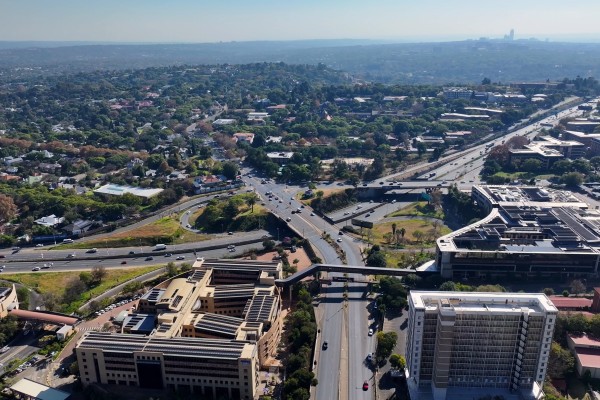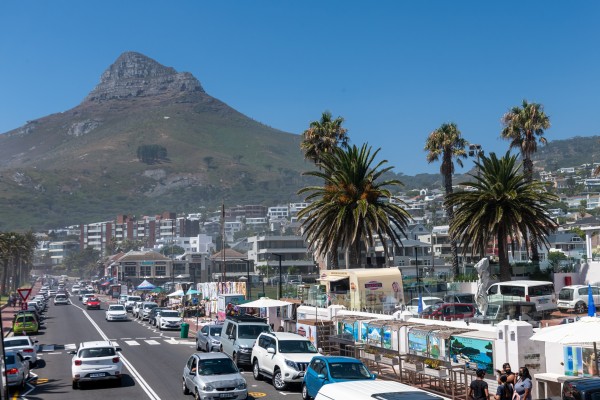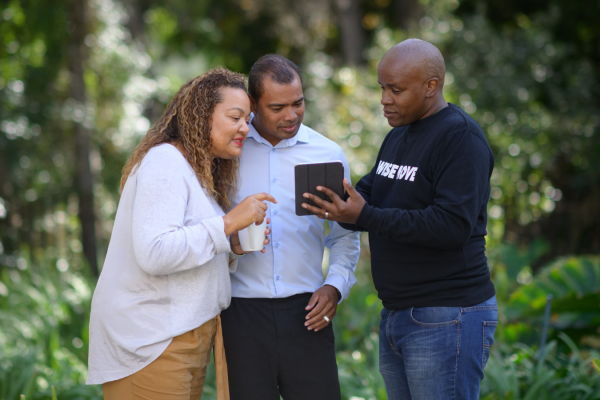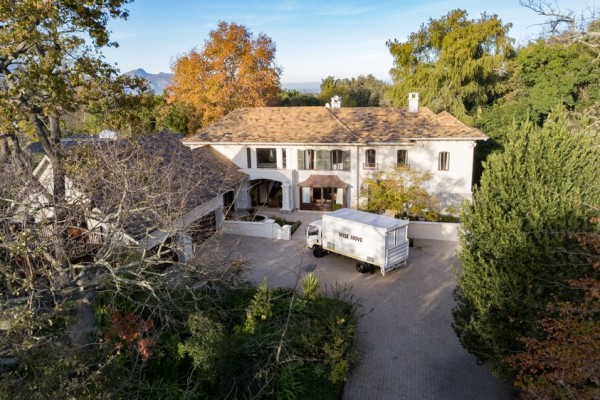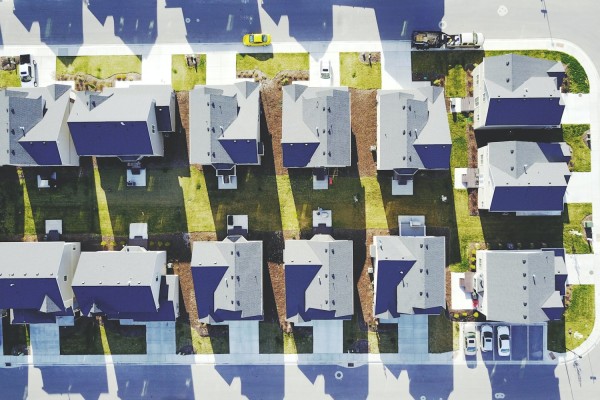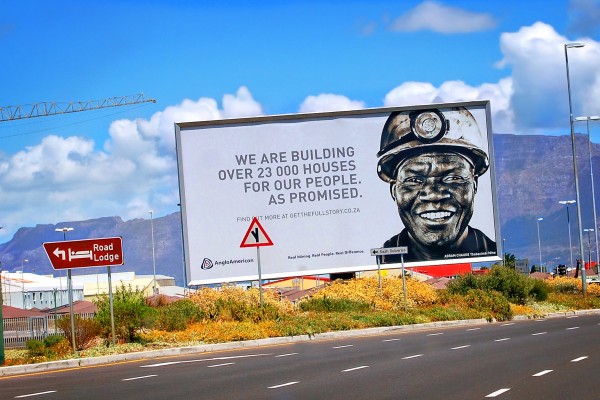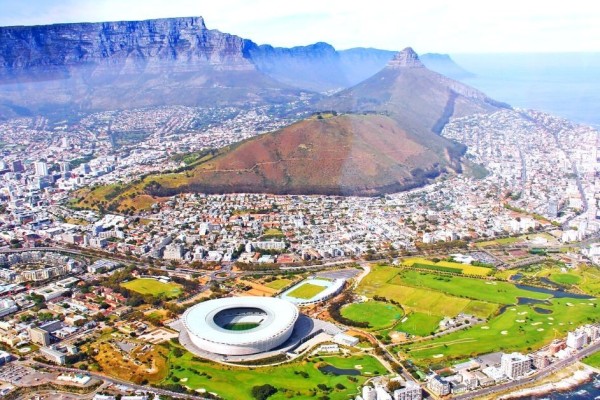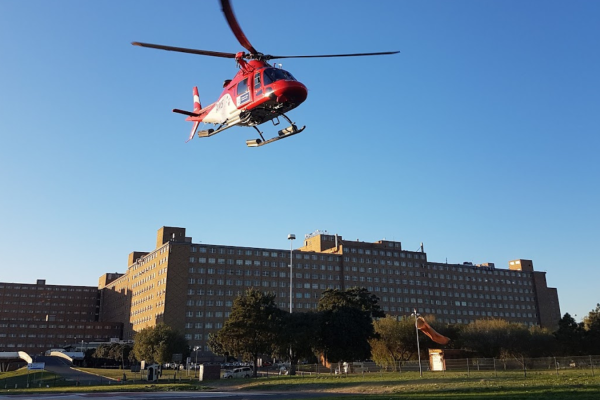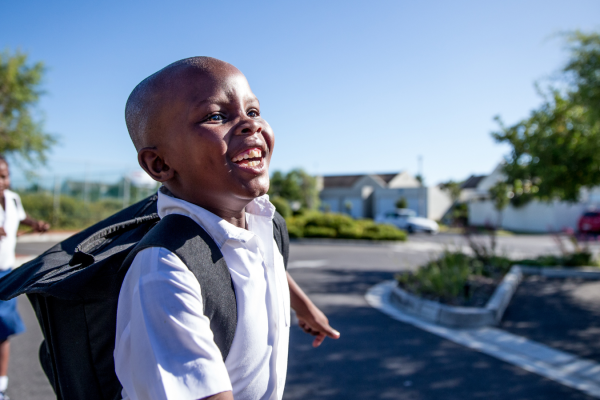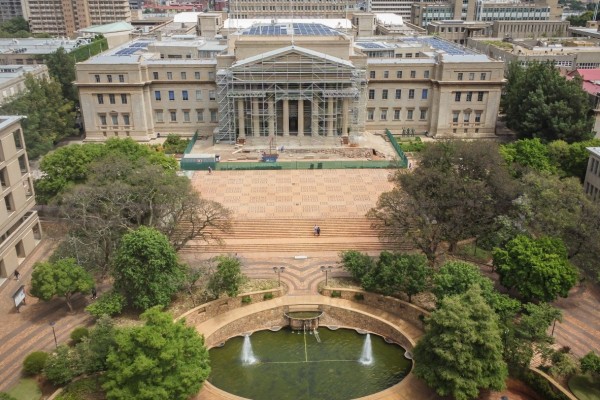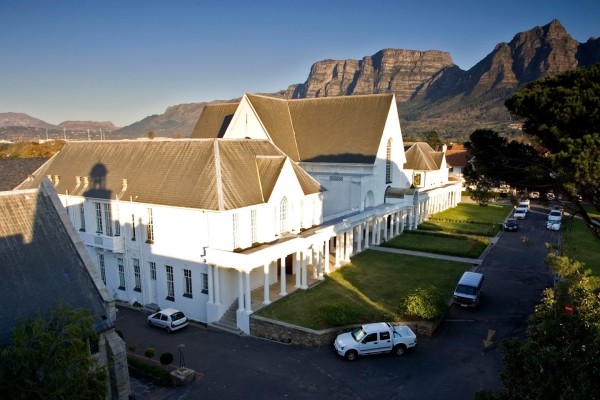
While most people with children will tell you it's "totally worth it", no one really mentions the actual worth...
And, in South Africa where expenses can vary quite drastically depending on your chosen lifestyle, it might be a good idea to crunch some numbers to know what you'll be letting yourself in for.
From baby essentials to varsity fees, each stage of a child's life brings its own financial demands. Understanding these costs is key to planning for your child's future.
This guide will outline the major parenting expenses, including basic needs, education, and healthcare. Spoiler– it's kinda expensive!
Having a baby in South Africa
If you're planning on giving birth in South Africa, you have the option to use government clinics, private facilities, or a combination of both. Most mothers in low-income homes use public healthcare and our pediatric units are fantastic.
However, considering the risks many people who can afford it use private healthcare.
Let's take a look at the costs involved.
Cost of giving birth at a public hospital
Prenatal Care: Prenatal care is available for free at all South African clinics. It includes monthly check-ups on the mom and baby, as well as a counselling session at the beginning of the pregnancy.
Labour and Delivery: The cost of giving birth at a public hospital is covered completely, including any equipment, medication, and interventions.
Postnatal Care: After the birth, post-natal care including immunisations, monitoring the baby’s growth and weight, as well as care, counselling and birth control for the mother are also provided for free.
Cost of giving birth at a private hospital
Prenatal Care: Prenatal care by a gynaecologist can range between R800 and R2 500. Doctors may request tests and blood work which can cost anything from R800 per test.
Labour and Delivery: The cost of delivery differs based on the kind of birth you have, the medication and equipment that you need, the doctor's fee and your hospital stay after birth. The cost of this can range from R14 000 to R40 000.
Postnatal Care: Postnatal care like doctor’s visits for the baby can cost anything from R600 to R1500, excluding medication for immunisations, while gynaecologist visits for you as the mother cost the same as the prenatal visit.
Many South Africans are on medical aid which can cover some costs of the pregnancy and birth at selected hospitals, depending on the chosen plan. To cover the additional costs, Gap Covers is an option, or you'll have to tap into your medical aid savings.
To cut costs, you might want to visit government clinics for your baby's immunisations as the medication used is the same as in private hospitals.
| Government Hospitals | Private Hospitals | |
| Prenatal Care | Free | R800 - R2500 |
| Labour and Delivery | Free | R14 000 - R40 000 |
| Postnatal Care | Free | R600 - R1500 |
| Total | Free | R15 400 - R44 000 |
How much does it cost to raise a baby in South Africa?
The many gifts from the baby shower and the stack of nappies from the "doeke braai" can only go so far, so you need to have your financial ducks in a row.
Remuneration: In South Africa, mothers are entitled to four months of paid maternity leave which they can take from up to a month before they give birth, while fathers are entitled to 10 days of paternity leave after the birth. Mothers are not entitled to their full salary during their maternity leave but may claim maternity benefits through the Unemployment Insurance Fund (UIF).
Formula and Food: Formula feeding parents are looking at spending between R1 500 and R2 500. Babies generally go through 3 to 4 tins of formula a month with one tin retailing between R250 and R400.
Nappies: Depending on the brand and size of the nappies, parents can expect to spend between R150 to R300 on one pack of nappies, with babies using 2-4 packs per month.
Childcare: For a full-time live-in nanny who does additional work like cleaning and cooking, parents should budget R5 000 to R9 000 per month. If you are looking for someone to watch your baby while you are at work, R4 000 to R7 000 per month, depending on whether they have additional duties like cleaning.
Daycare: If leaving your child at a daycare centre fits your lifestyle better, an amount between R3 000 and R7 500 is what you should be prepared to pay. The cost of the daycare depends on the location, reputation, and age of your child.
Clothing: We all know children grow like avocados, especially in the first year. R2 000 to R5 000 a month should be enough to replace the clothes that do not fit your growing anymore.
Baby Essentials: For other once off baby essentials like a cot, car seat, pram and a baby monitor, a total of between R15 000 to R25 000 should be enough to get you going.
Side note: You can do all of this incredibly cheap by going online and buying second hand or thrifting, but for the sake of giving you a complete cost comparison, we'll go for "everything brand new" prices.
How much does it cost to raise a primary-aged child in South Africa?
It is time for your child to go to primary school and in addition to preparing for the “My teacher said…” clapbacks from your child, you need to prepare your pocket for school fees, supplies, and those lost blazers!
Public Schools
Public Schools in South Africa can cost as little as R0 in disadvantaged communities in rural areas and townships. Former “Model C” or public schools in urban areas generally range from R10,000 to R30,000 per year, depending on the school and province. They are more affordable than private schools, and many offer high-quality education.
Public schools in South Africa can range from completely free to R10,000 to R30,000 per year for Model C schools.
Private Schools
Private schools in South Africa range from small independent schools to prestigious schools with lots of history. Fess can range from R50,000 to almost R400,000 per year, depending on the school’s reputation, location, and facilities. These schools often offer smaller class sizes, advanced resources, international curricula, and a priceless network that often comes in handy later in life.
Private schools in South Africa are quite expensive, ranging from R50,000 to almost R400,000 per year depending on the school.
School Supplies: For primary-aged children, parents can expect to spend between R2,000 to R5,000 per year on school supplies. This includes items like stationery, backpacks, lunchboxes, textbooks, and digital devices (if required).
Many schools provide detailed lists, and costs may fluctuate depending on the grade and school-specific requirements. It is wise to have some money put away for emergencies as blazers tend to grow feet around these ages.
Extracurricular Activities: Extracurricular activities, such as sports, arts, or music classes, can range from R500 to R2 000 per month. These costs depend on the type and number of activities your child participates in, as well as any additional expenses like uniforms, gear, or competition fees.
Childcare and After-School Care: Childcare and after-school care is an important consideration for working parents who do not have live-in nannies. Options include aftercare services offered by schools or independent care providers who can assist with homework and supervised play.
Childcare services at schools and independent providers can range from R1 000 to R3 000 per month.
Food: Skhaftins (or lunchboxes) are getting increasingly complicated in the age of the mom-fluencer but finding something cool enough for your picky eater doesn’t have to be too expensive.
Feeding a primary-aged child can cost around R1 500 to R3 000 per month for daily meals, snacks, and packed lunches. This cost can be cut by using items that are already part of the grocery shop - leftovers for lunch is part of the experience!
Healthcare: Without medical aid or insurance, doctor visits, dental care, and prescriptions could cost between R5 000 and R10 000 anually. With medical aid, monthly premiums for your child can range from R1,500 to R3,500, depending on the plan and what it covers.
Cost of Raising a Teenager in South Africa
So, you thought raising a toddler was bad? Welcome to teenage hood, or iStage as this part of a child’s life is called in South Africa. Raising a teenager in South Africa comes with various expenses, from education to lifestyle costs…oh and some Rescue tablets for yourself.
School Costs: School fees vary widely depending on whether your teenager attends a public, private, or international school. Former Model C public high schools range between R10 000 and R35 000 per year, while private schools can cost anywhere from R100 000 to over R300 000 annually. Additional expenses include uniforms, textbooks, and stationery, which can add up to R5 000 to R15 000 per year.
Extracurricular Activities: Keeping your teenager off your streets at this very impressionable age is important, and extracurricular activities, such as sports, arts, and clubs are an amazing way to keep them entertained and safe.
Depending on the activity, parents might spend R500 to R3 000 per month. This includes costs for equipment, training, travel, and competitions. Popular sports like rugby, cricket, and tennis tend to be on the higher end, while arts and cultural activities may vary in cost.
Technology: Teenagers today rely heavily on technology, and not having a smartphone, tablet, or laptop for school and social activities can be earth-shattering for them. A mid-range smartphone costs around R5 000 to R10 000, while a basic laptop can range from R8 000 to R20 000.
Monthly data or Wi-Fi packages typically cost between R500 and R1 000, depending on usage. Parents must also consider getting these devices insured, which can cost between R300 and R1 500 depending on the device and insurance company.
Clothing: As the youth says, drip is forever, so they need the hottest threads, but keeping up with trends can be expensive. Clothing costs vary based on brand preferences and shopping habits but expect to spend around R1 000 to R3 000 per month.
For special occasions like matric dances, formal outfits can cost anywhere from R1 500 to R5 000. Online shopping platforms like SHEIN keep teenagers happy with their on-trend clothes, and parents happy with their prices.
Personal Care: From pimples to periods, puberty comes with a lengthy list of toiletries to help your teenager navigate this big time of their life. Personal grooming and hygiene products, such as skincare, haircare, and toiletries, can set you back around R500 to R1 500 per month.
Teens may occasionally want makeup or salon treatments, which can increase expenses. For those involved in sports, additional personal care items such as deodorant, body wash, and other necessities add to the cost.
Transportation Costs: Teenagers have places to be, and whether your teenager is using public transport, Uber, or driving their own car, transportation costs can add up.
Depending on how far you live from their school, extra murals activities and entertainment, monthly expenses for public transport are around R1000 to R2 000.
If they are driving, costs including petrol, insurance, and maintenance, can total anything from R2 000 to R5 000 per month. Car purchases add a significant one-time expense, unless, of course, you are the one getting an upgrade.
Healthcare: Medical costs for teenagers include doctor visits, dental care, and, in the case of the odd sports injury, orthodontic treatment. If covered by medical aid, you might pay R1 000 to R4 000 monthly, depending on your plan.
Without coverage, annual healthcare expenses can rise, especially if braces or specialist consultations are required.
Total Estimated Costs? You're looking at between R100 000 and R300 000 per year
Raising a teenager in South Africa costs between R100 000 and R300 000 per year, depending on schooling, lifestyle choices, and personal care needs.
But, remember, with family, government assistance and various organisations, you can give your child a good upbringing and it doesn't have to cost you an arm and a leg.
Is South Africa an expensive place to raise a child?
South Africa can be both affordable and expensive when raising children, depending on factors like lifestyle choices, location, and education preferences.
Public schooling and healthcare are more affordable, but private education, medical aid, and extracurricular activities can significantly increase costs. Essentials like clothing and personal care can also vary widely.
Urban areas, particularly cities like Cape Town and Johannesburg, tend to be more expensive due to higher living costs. However, with careful budgeting, families can manage expenses and provide a decent quality of life.
Ultimately, the cost of raising children depends on your personal situation. If you want to make a move to help give your child the best possible future, let Wise Move help you get there. With hundreds of top local moving companies offering exceptional service at affordable prices, it's never been easier to move.

What do our customers say?
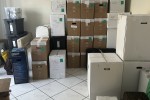





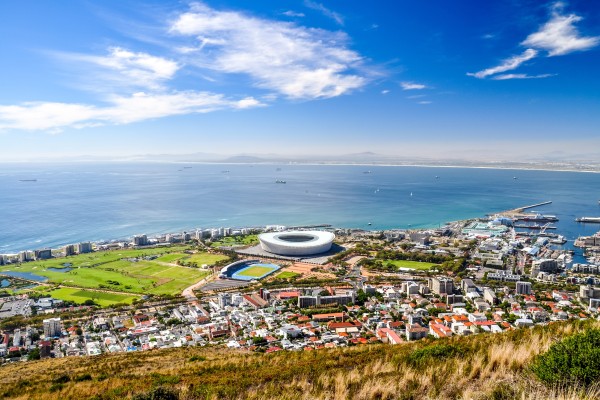

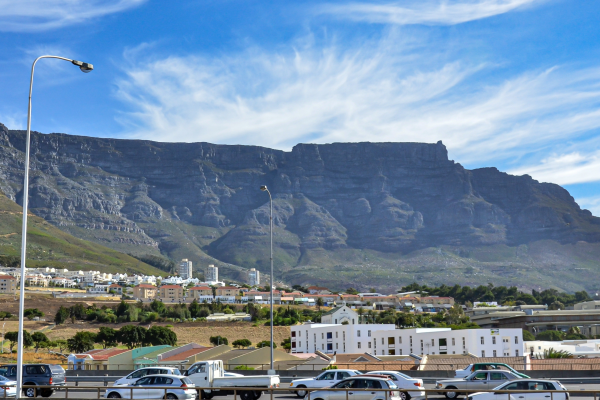
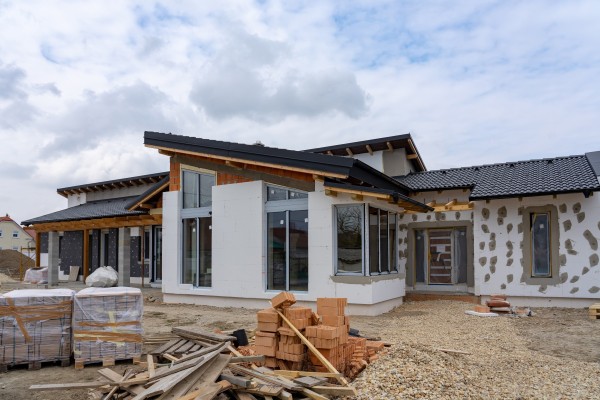
![The Cost of Living in Durban [2025] The Cost of Living in Durban [2025]](https://cdn.wisemove.co.za/image/blog/33d6922f3018eeb43ebed98163e7b2cd.jpeg)


